Six years ago, Dmitry, a designer from Moscow, made the decision to relocate to Berlin. "I didn't have much work really, I just had to go abroad," he recalls. After securing a job in Berlin, Dmitry and his family embarked on their new adventure in Germany's capital city.
Choosing Berlin
For Dmitry, the choice of Berlin was somewhat serendipitous. "I was interested in moving somewhere, anywhere, and it turned out to be Berlin, and so we moved here," he explains. The family initially lived in an apartment provided by Dmitry's first employer before moving to a series of rented accommodations.
Living in Lankwitz
After living in more central areas of Berlin, Dmitry and his family eventually settled in Lankwitz, a suburb that surprised them with its village-like atmosphere. "I have never lived in the village at all. And now we are practically in the village, in the good sense of the word," Dmitry says.
The move to Lankwitz brought unexpected benefits, particularly for their children. "It's here that you need everything that you need, even more than there was money," Dmitry explains. He highlights the abundance of children's activities, sports facilities, and green spaces. "There are so many circles that we can't go to all of them, as if we were torn apart."
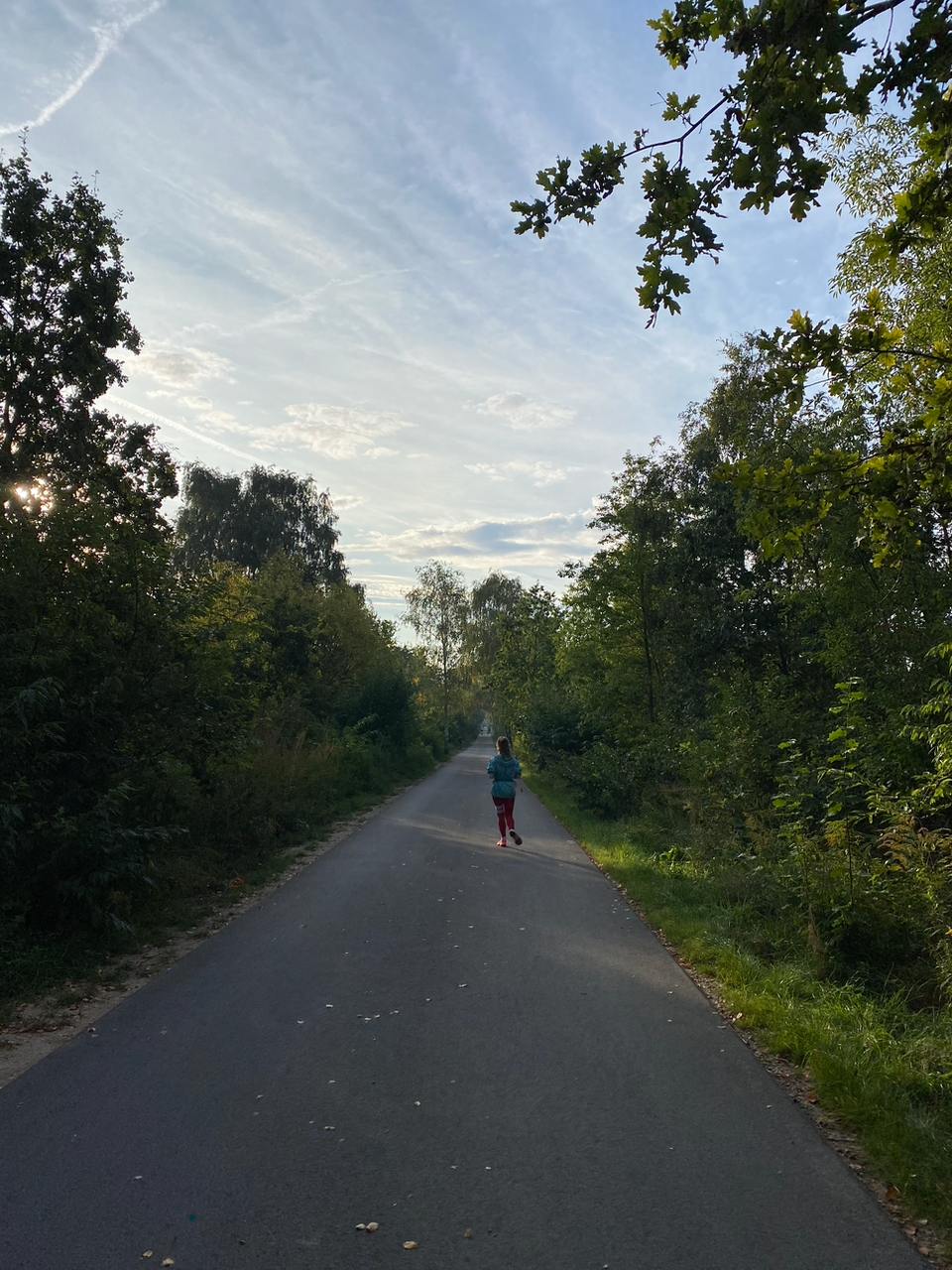
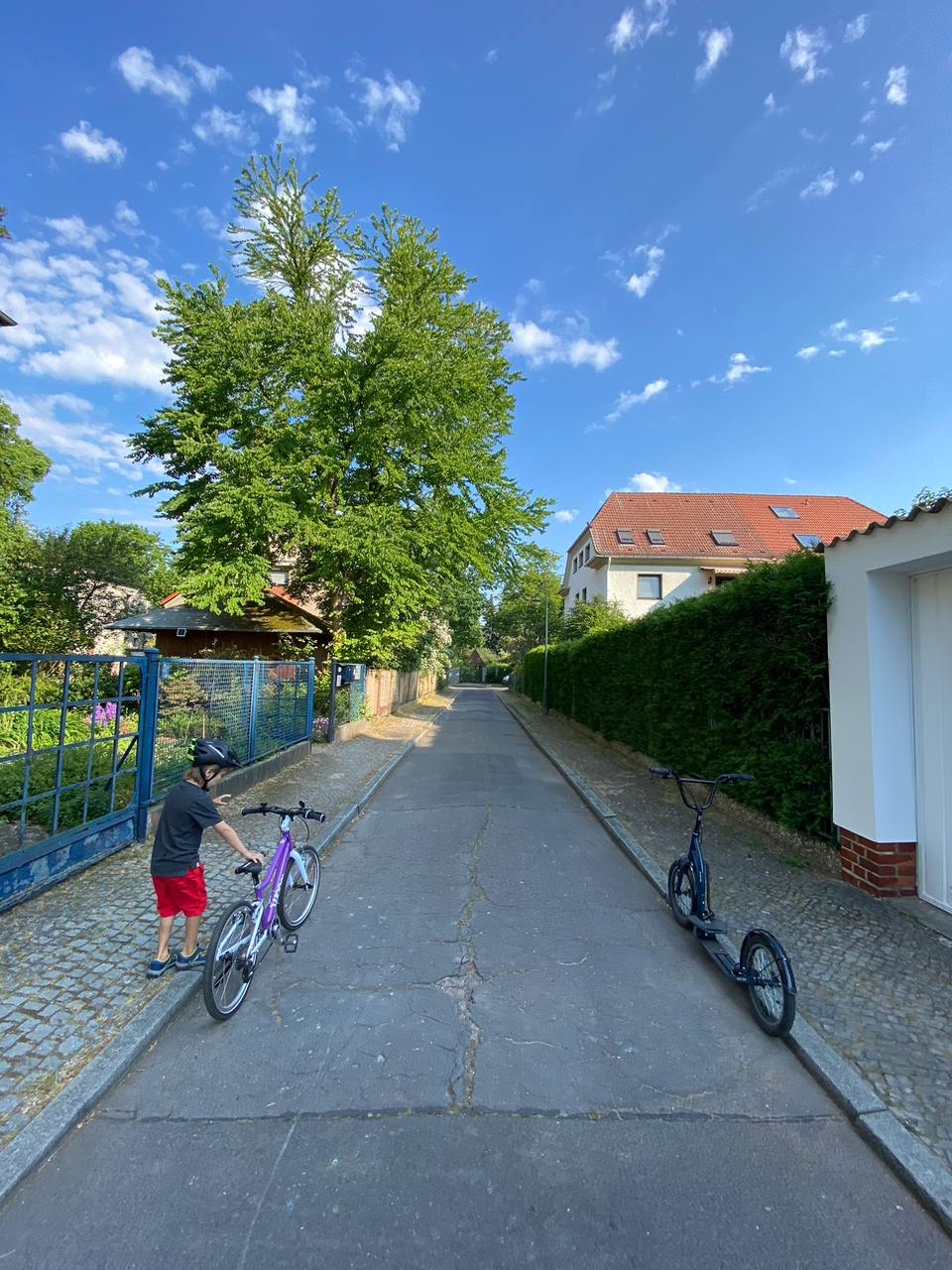
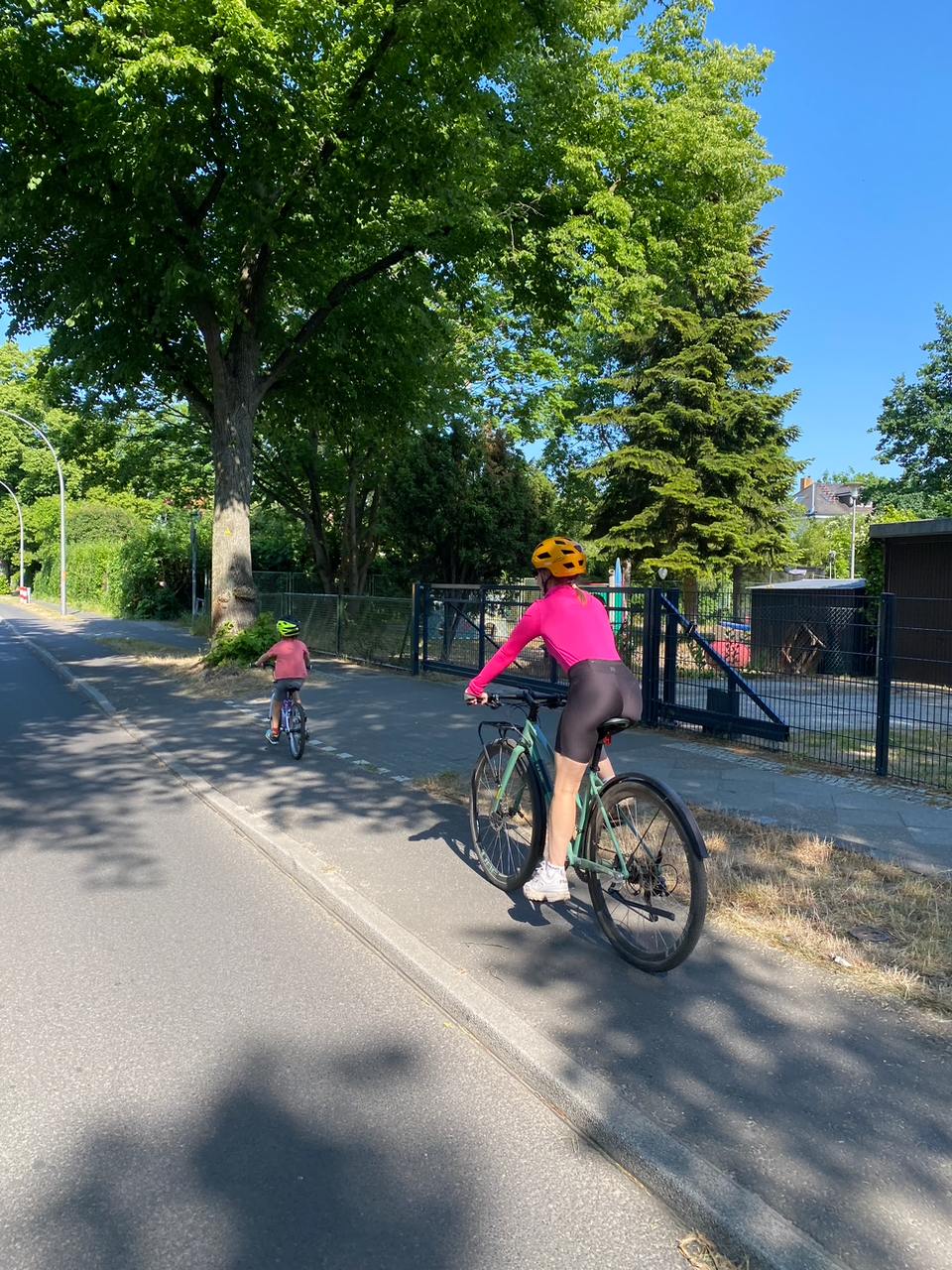
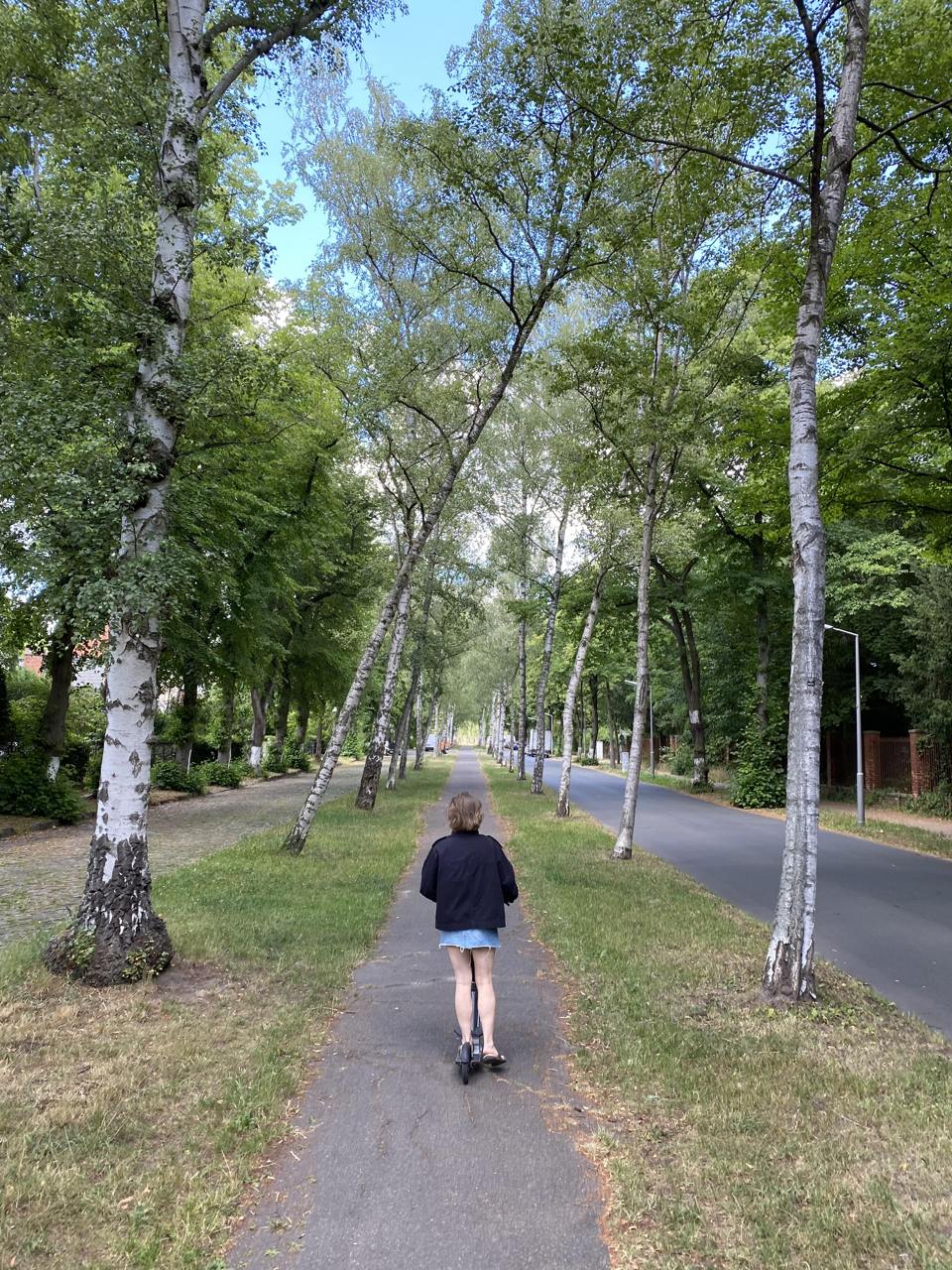
Views of Lankwitz with children
The family appreciates the sense of community in their new neighborhood. "We have some super cool neighbors. We can sometimes even have breakfast together, rattle each other all the time, treat something," Dmitry shares enthusiastically. This sense of community was a stark contrast to their previous experiences in more central areas of Berlin.
The Journey to Homeownership
Dmitry's path to homeownership began unexpectedly when the owners of their rented apartment in Lankwitz decided to sell. Initially hesitant, Dmitry and his family ultimately decided to purchase the property to avoid the uncertainty of finding a new place to live.
The process of buying the apartment was far from smooth, highlighting the challenges expats face in navigating the German property market. Dmitry used an online aggregator called Interhyp to request a loan from the bank. He had to collect numerous documents, including work certificates and residence permit information. "I didn’t really like the process, there was so much bureaucracy, additional documents, and dragging," Dmitry recounts, expressing his frustration with the document collection process.
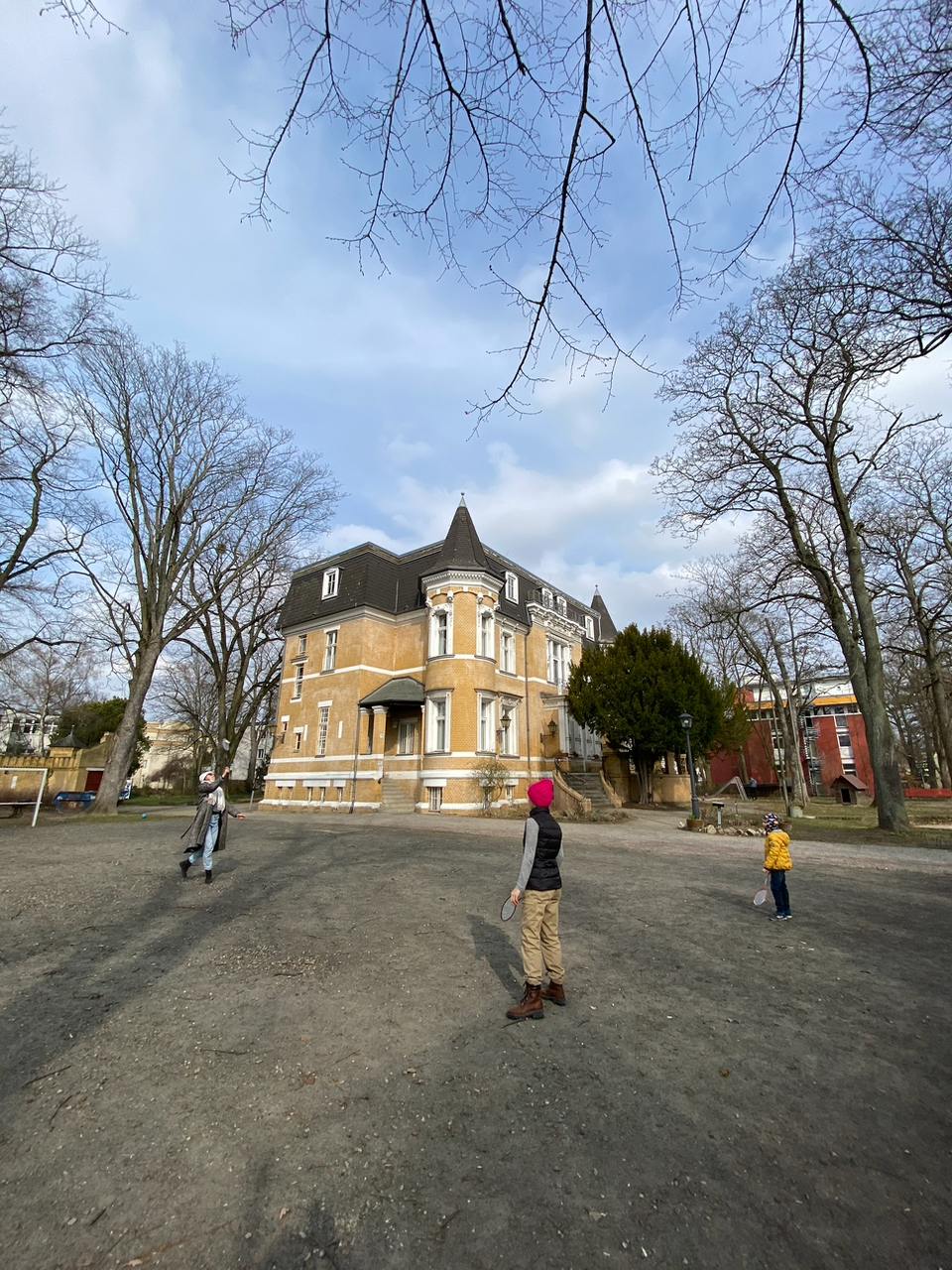
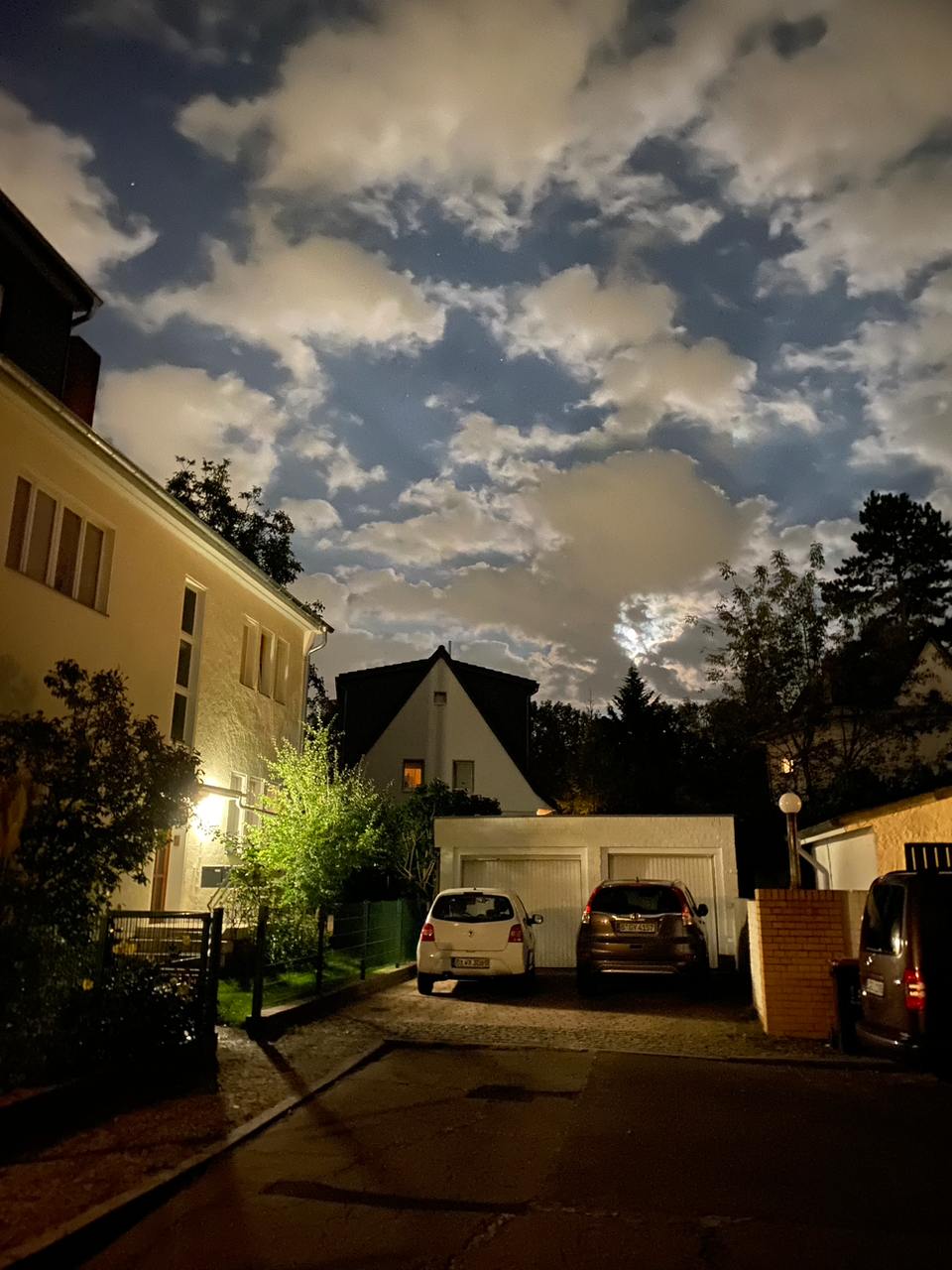
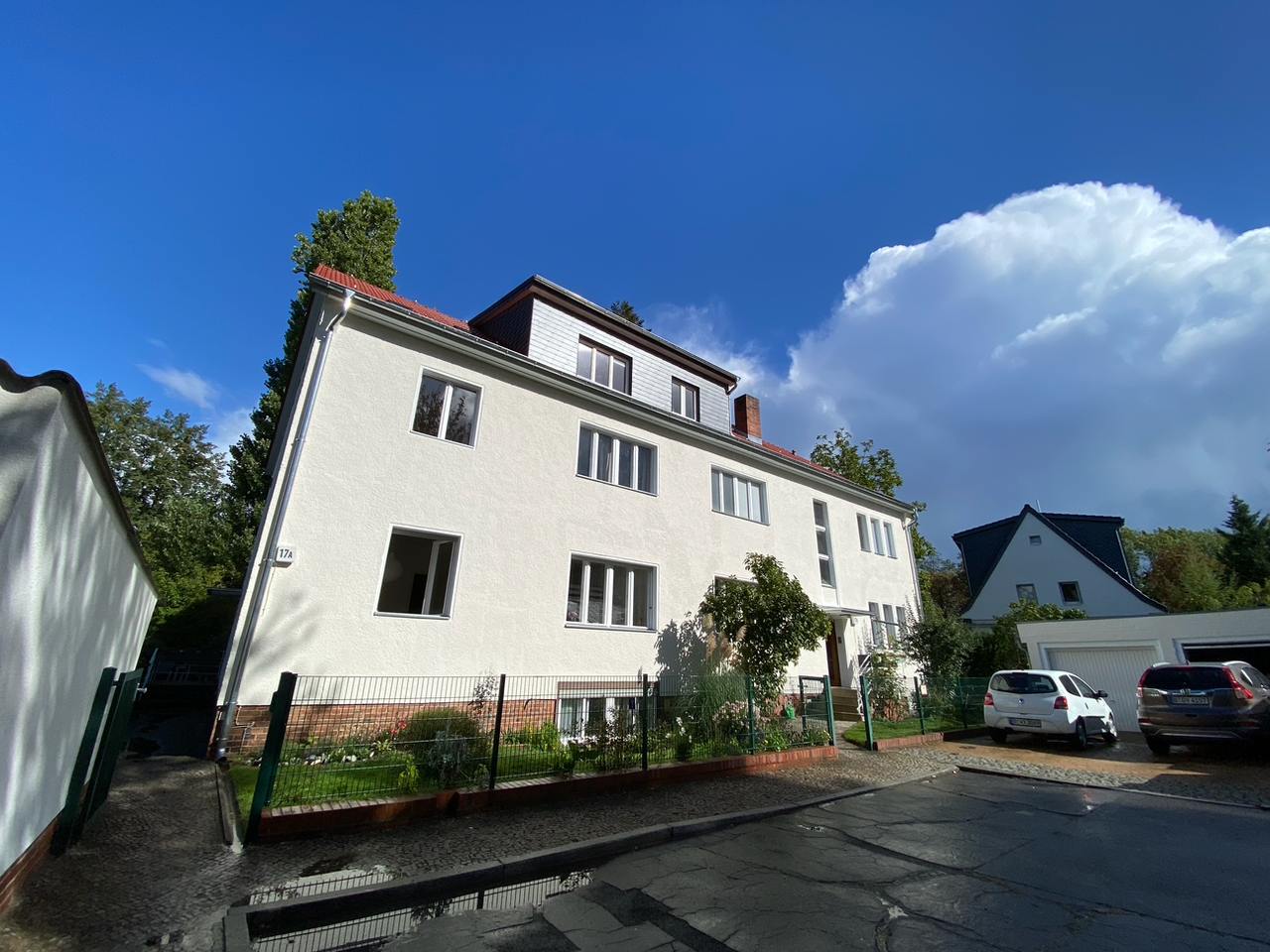
House from outside
Financing the Purchase
The apartment cost 470,000 euros, with additional taxes bringing the total to around 500,000 euros. Dmitry made a down payment of 200,000 euros and took out a loan for the remaining amount.
The process of securing the loan and completing the purchase was fraught with challenges, particularly when it came to communicating with the bank. "The whole super long process absolutely sucks," Dmitry admits. He faced difficulties getting timely responses from the bank and had to navigate complex paperwork and payment instructions.
Dmitry's experience highlighted the importance of persistence and being prepared for unexpected delays and expenses. "It's just a very complicated process, and it's fundamentally unlikely to go faster, even if you already have 10 apartments," he reflects.
Buying an older property in Berlin came with its own set of challenges, particularly regarding energy efficiency. Dmitry notes, "This is an apartment of 84 square meters. It's not super big. This is an old house, very old. They are very energy-efficient for me, like it's just cool for nature in winter." However, he also mentions that the lack of insulation can lead to higher heating costs and potential issues with mold.
Settling In
Despite the challenges of the purchase process, Dmitry and his family are happy with their new home. The 84-square-meter apartment is in an old, character-filled building with only six units. They appreciate the property's outdoor space and the basement room that Dmitry plans to use as a home office.
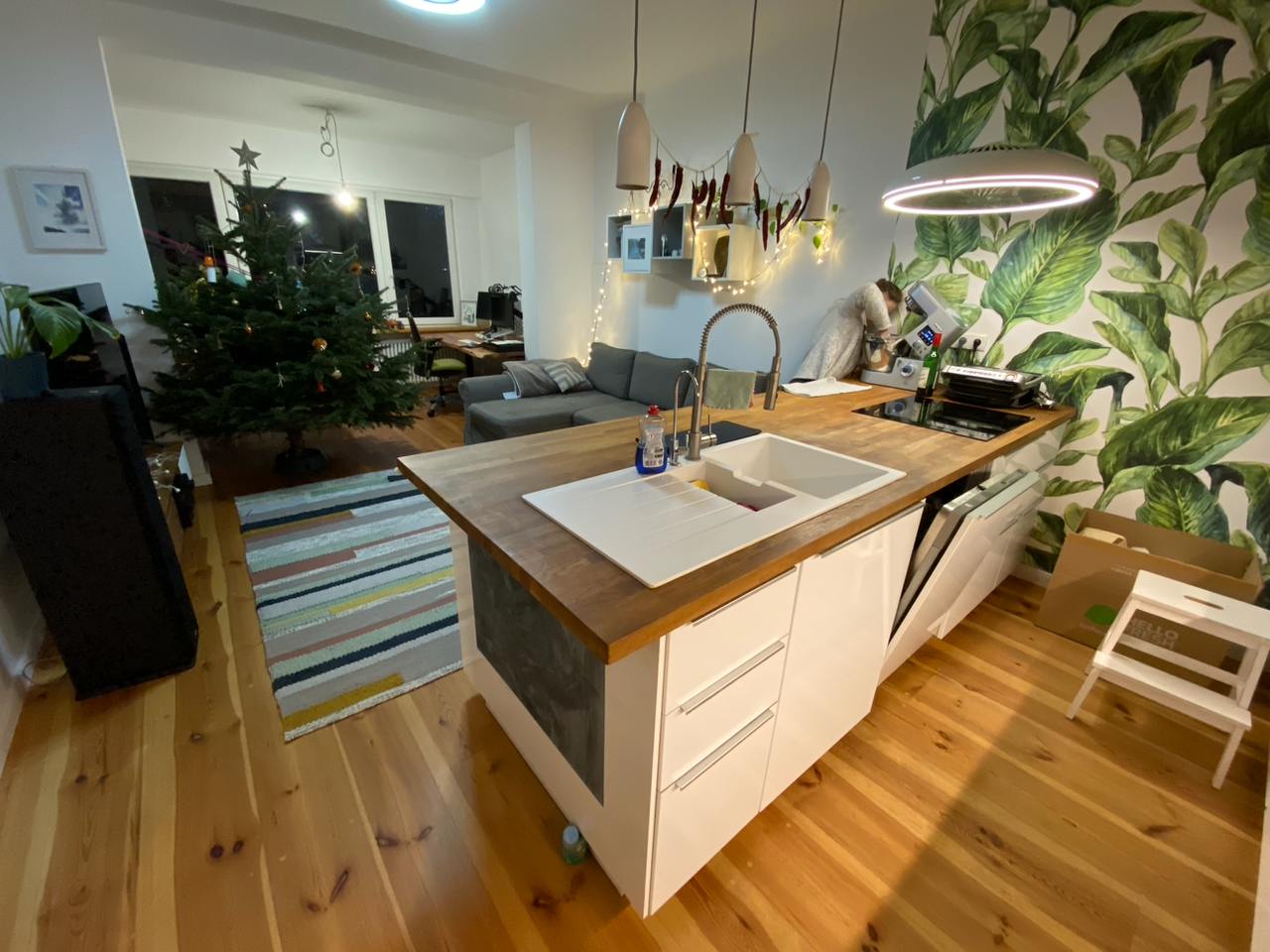
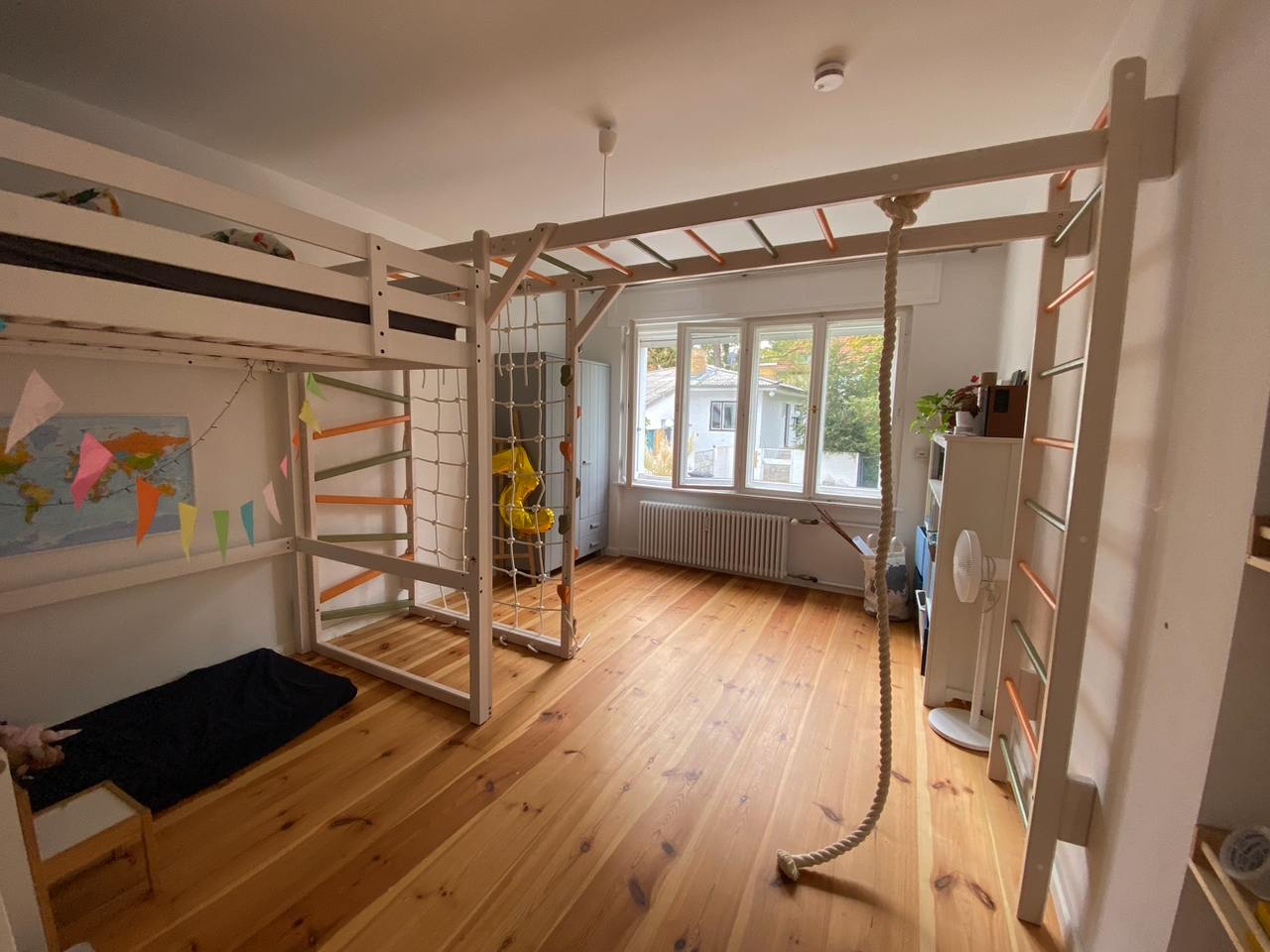
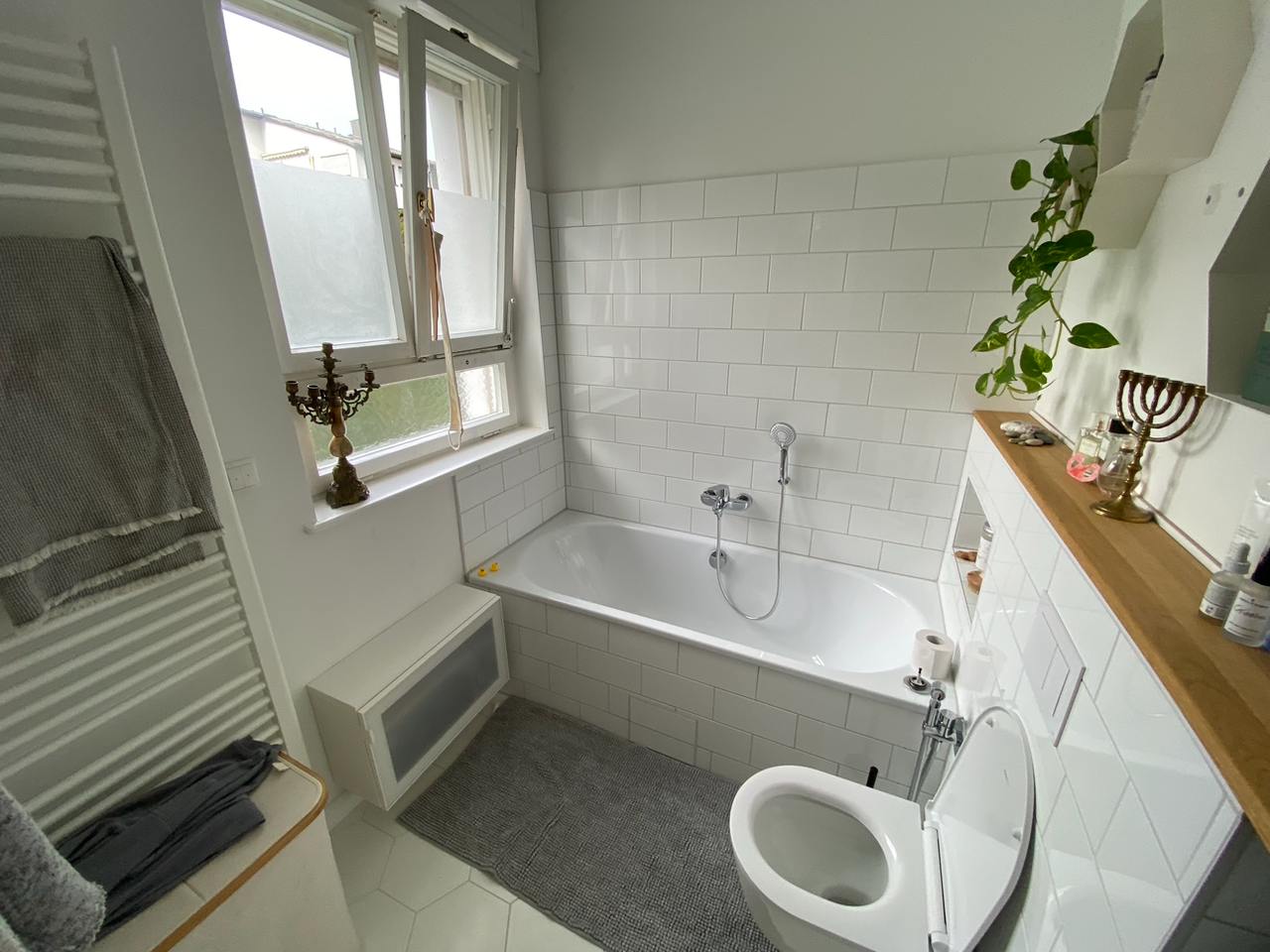
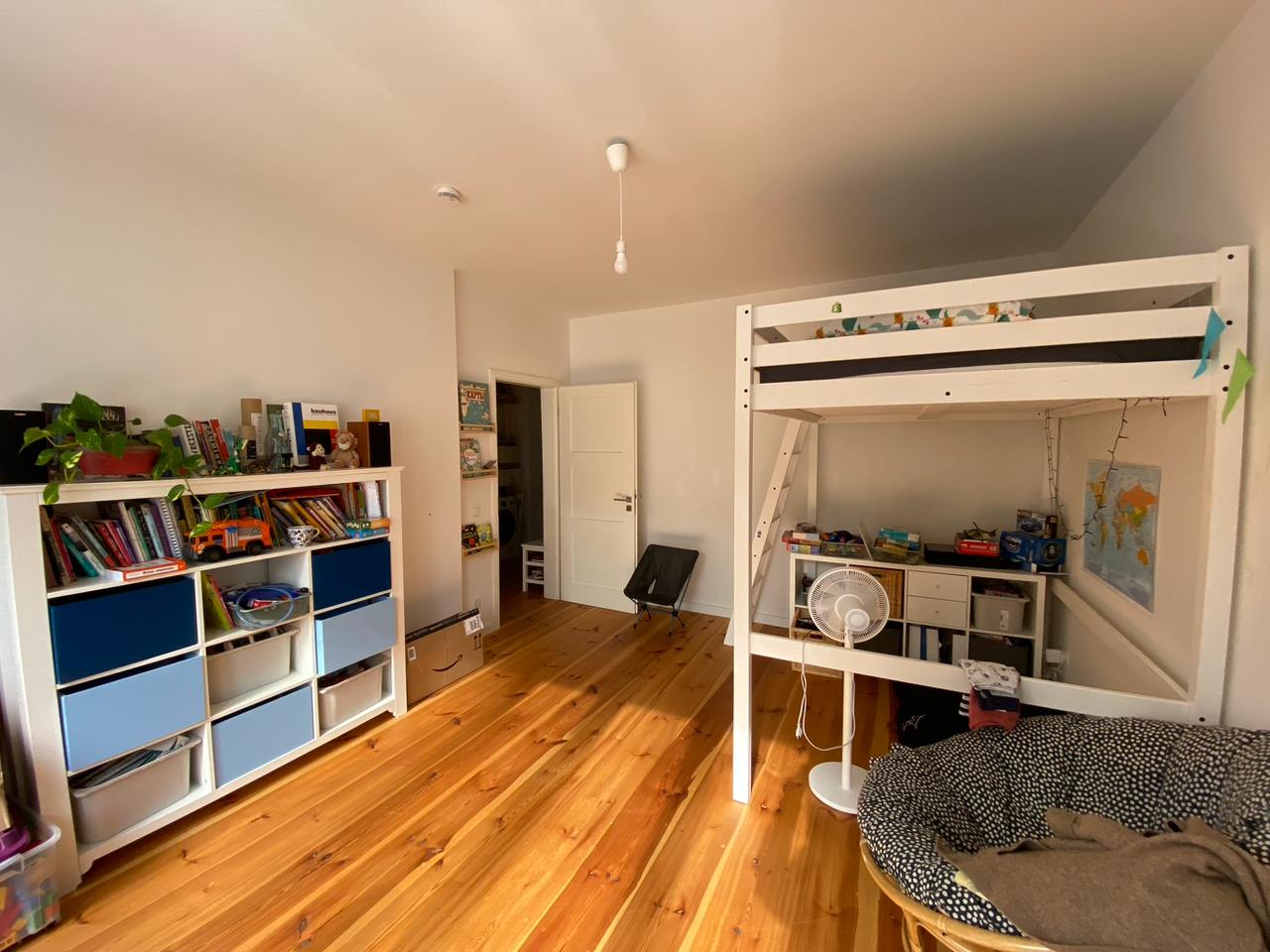
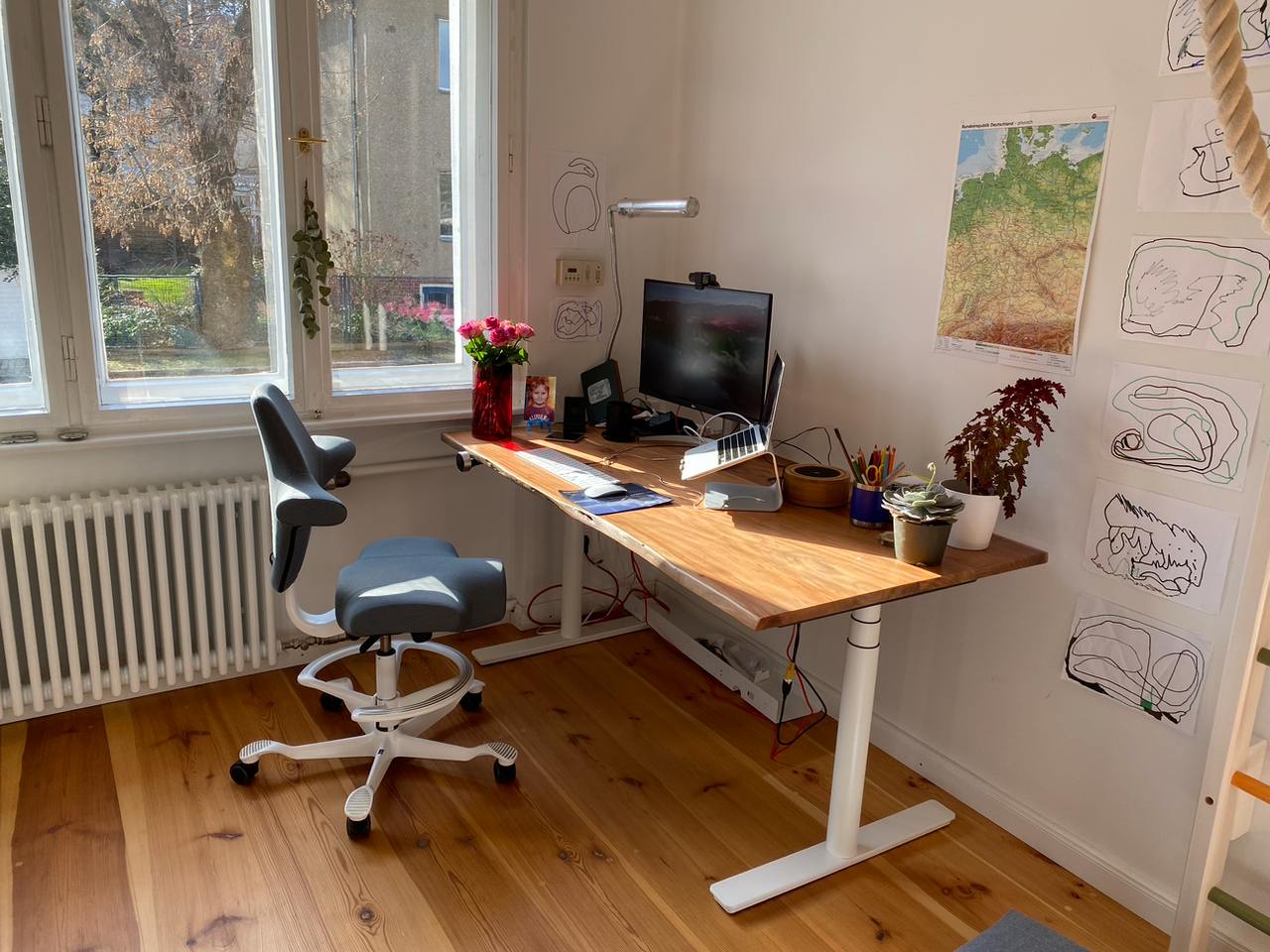
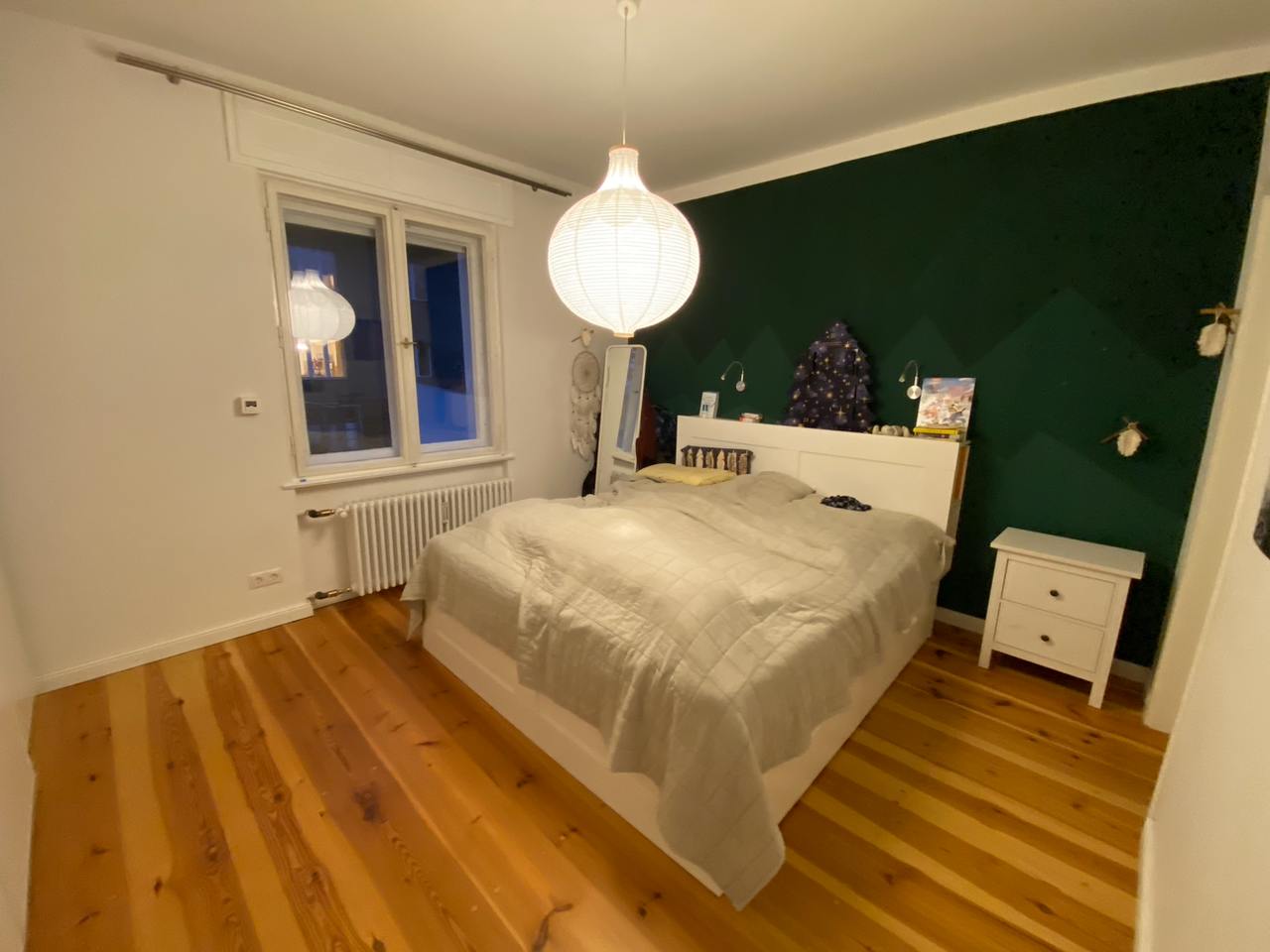
House in Lankwitz
The family has quickly adapted to their new suburban lifestyle. Dmitry shares an anecdote about his son's newfound independence: "He can just go out on his own, that’s an unexpected benefit, we never could have imagined this happening in a big city, in Berlin, in particular."
Advice for Newcomers
1. Be prepared for a lengthy and sometimes frustrating process.
2. Don't rely solely on email communication with banks and officials – phone calls can be more effective. "Now I realized that the writing doesn’t help, you need to call," Dmitry advises.
3. Be aware of all additional costs beyond the purchase price, including taxes and notary fees.
4. Consider energy efficiency when buying an older property, as it can affect heating costs and comfort.
5. Research the neighborhood thoroughly, considering factors like schools, transportation, and community atmosphere.
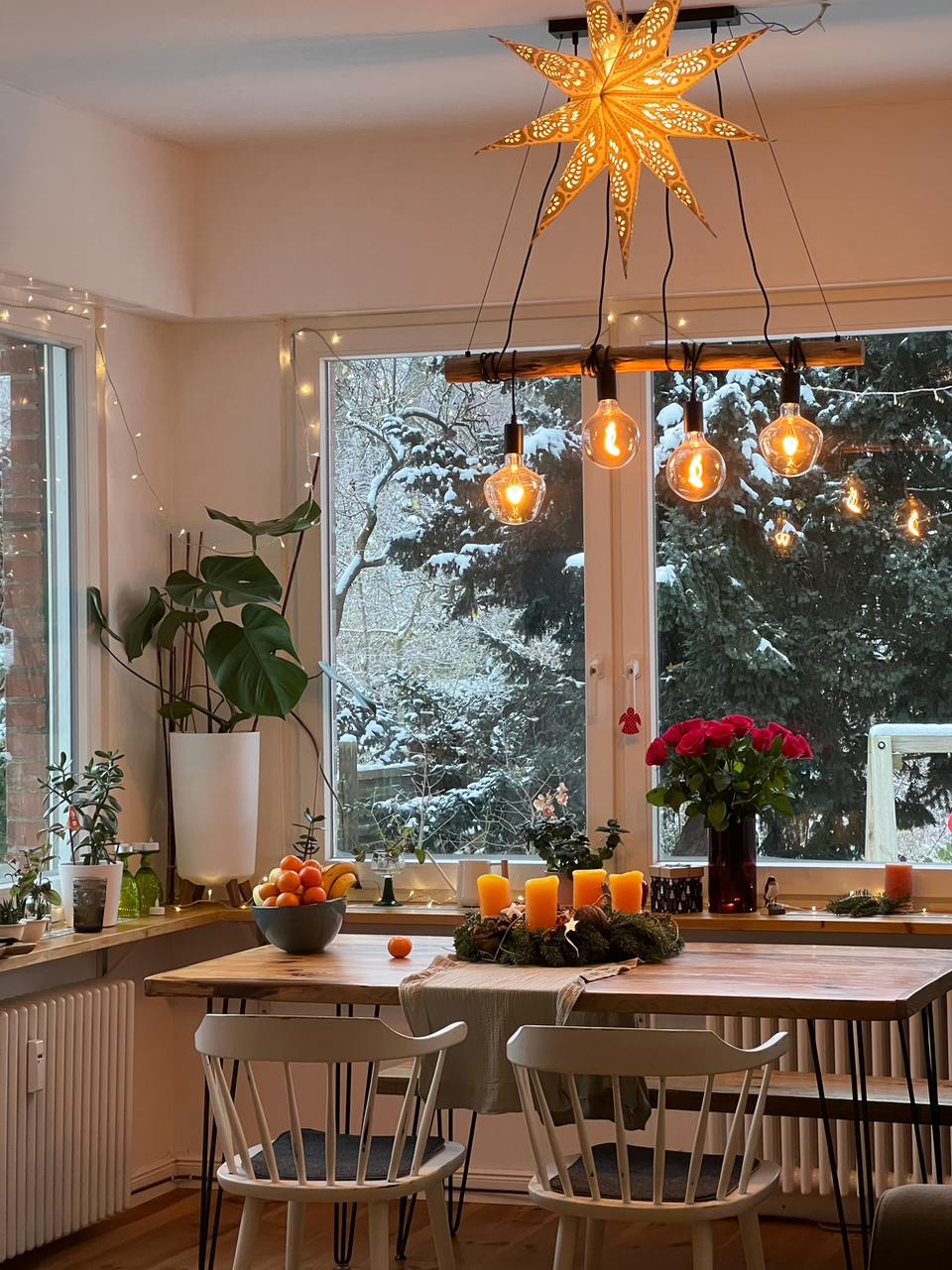
According to Dmitry, while the journey to homeownership in Berlin as an expat can be challenging, his experience shows that the rewards can be significant. From finding the right neighborhood to navigating complex financial and legal processes, buying a property in Berlin requires patience, perseverance, and a willingness to adapt to new systems and cultural norms. Despite the hurdles, Dmitry and his family have found a home that offers them the community, lifestyle, and opportunities they were seeking in their move to Berlin.




